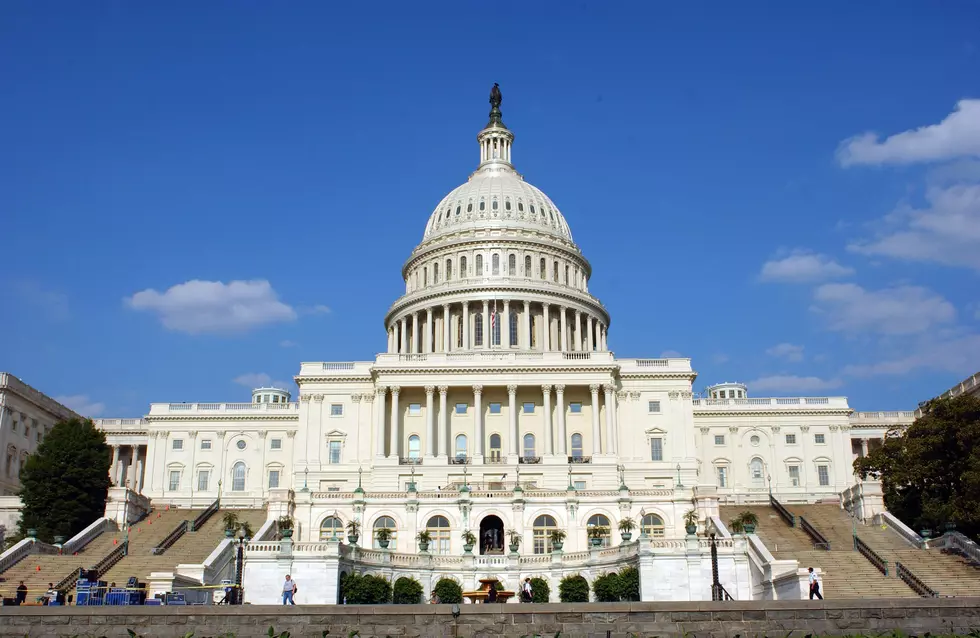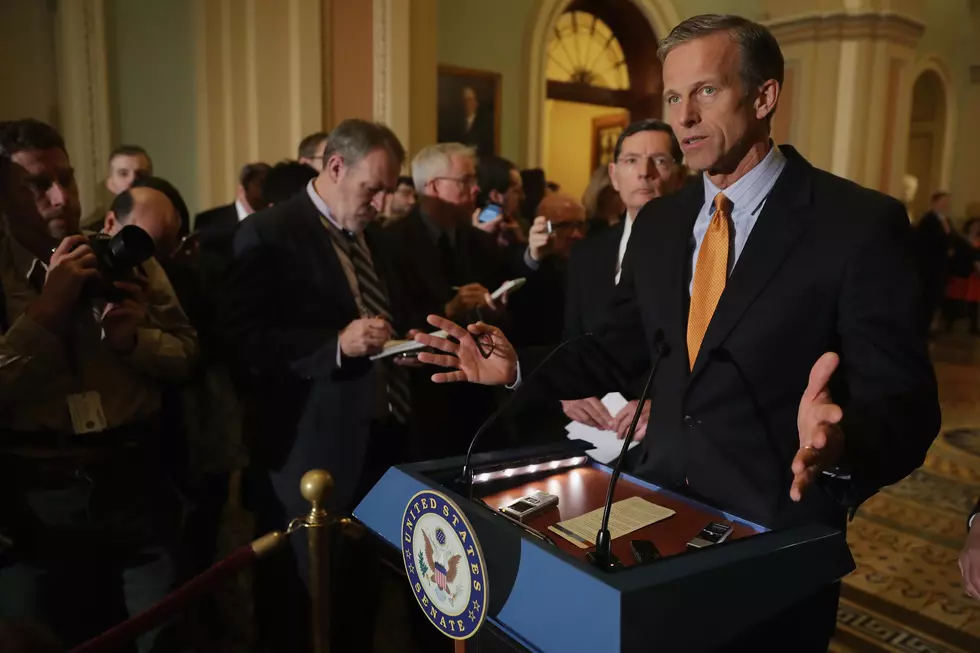
South Dakotans Don’t Deal with Robocalls at the Same Rate as Other States
Remember the days when you used to look forward to your phone ringing because chances were the person on the other end was actually someone you wanted to talk to?
Well, those days are over.
Robocall blocking company YouMail is estimating that between 60 and 75 billion calls were placed in 2019, up from 47 billion the year before, which was up from 30 billion in 2017.
If that's not disturbing enough, they also found that 45 percent of 2019 robocalls were connected with some sort of scam.
But not all states are getting hammered with robocalls at the same rate.
Let’s Talk looked at robocall complaint numbers and call frequency data from the Federal Trade Commission and assigned each state in a score.
According to the numbers, the Mount Rushmore State averaged 12.7 complaints per 1,000 people per month (10th lowest) and South Dakota residents received an average of 9.2 calls per month (17th lowest). All of that adds up to the state ranking eighth on the 'least bothered' list.
Alaskans were the least from robocalls in 2019 - an average of 3.3 a month. Folks in Lousiana suffered the most with an average of nearly 20 calls a month (29.9).
Colorado had the highest complaint rate - 22.9 per 1,000 people. Maryland had the highest overall combined score.
Now, Congress is trying to help stem the tide of unwanted calls.
A bill co-sponsored by South Dakota Senator John Thune, the Pallone-Thune Telephone Robocall Abuse Criminal Enforcement and Deterrence (TRACED) Act has now passed the House of Representatives and the Senate, and would penalize robocallers $10,000 per call.
The major wireless carriers are doing their part as well, rolling out a new robocall fighting measure called STIR/SHAKEN, which promises to reduce the number of calls by using software to authenticate and verify the origins of each call.
More From KYBB-FM / B102.7









